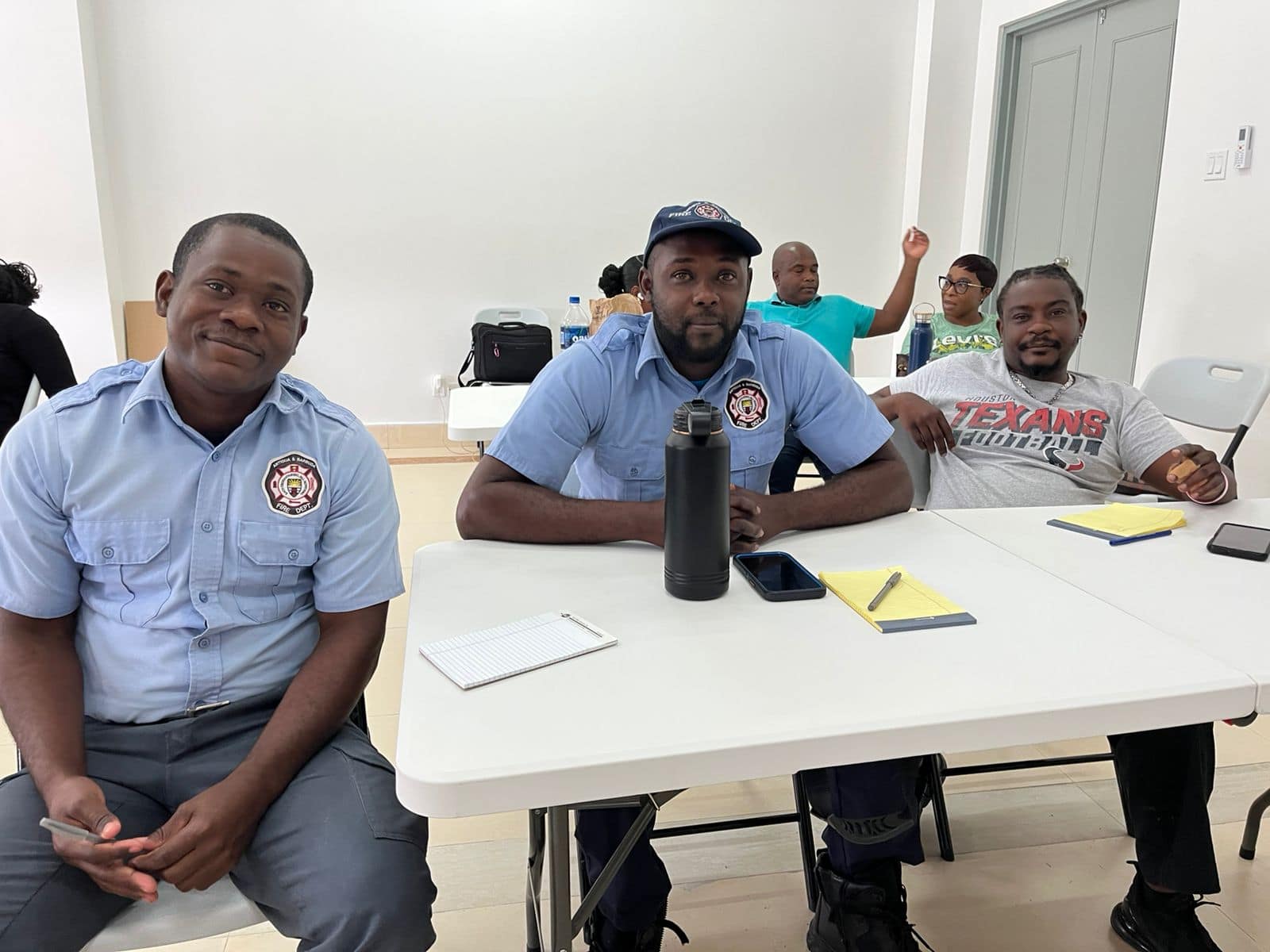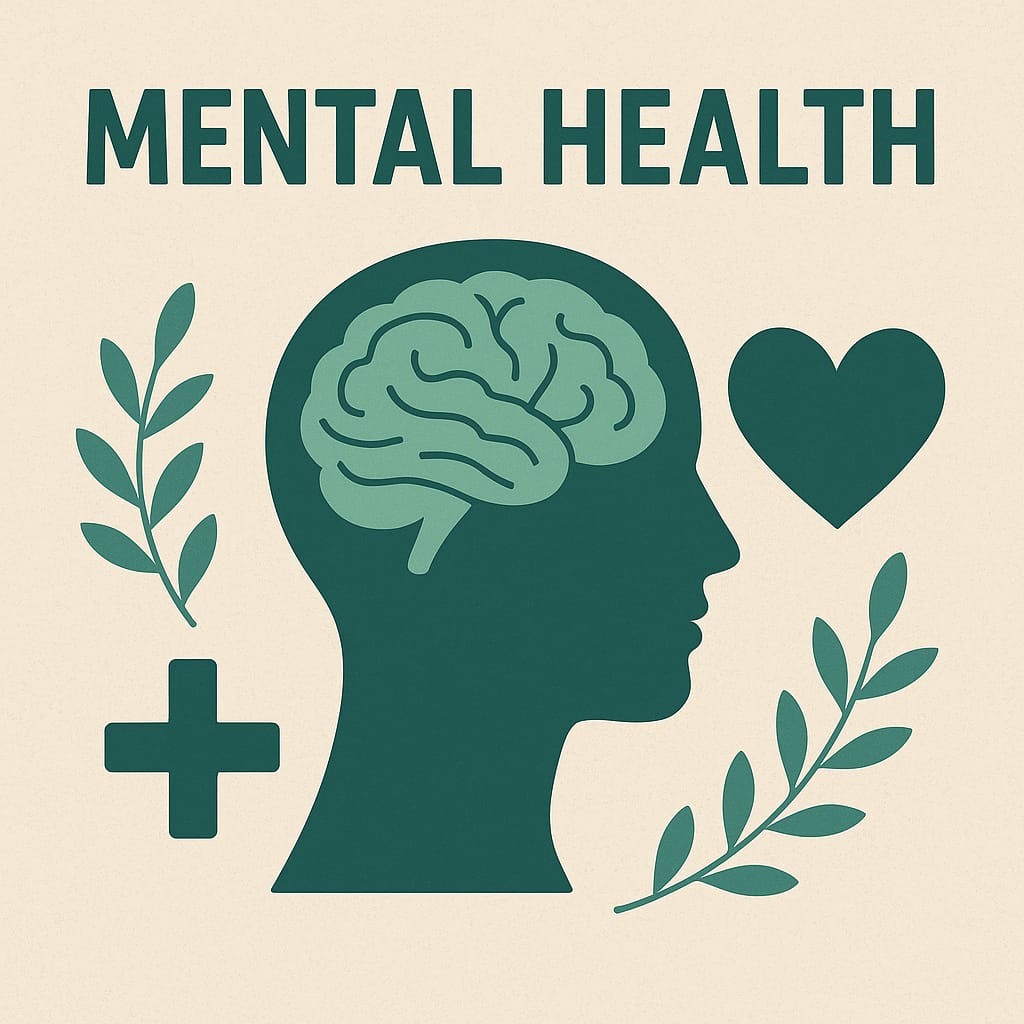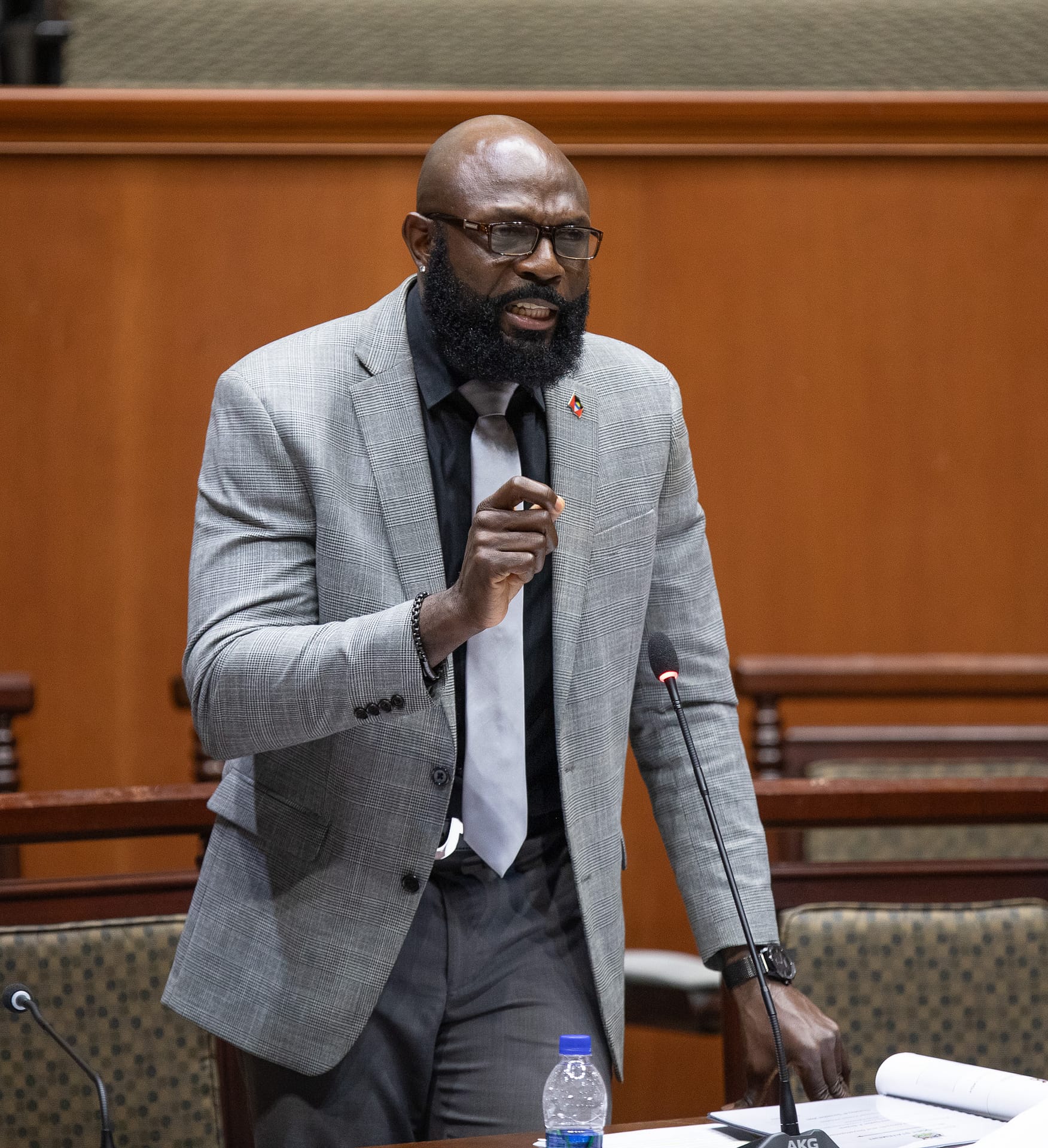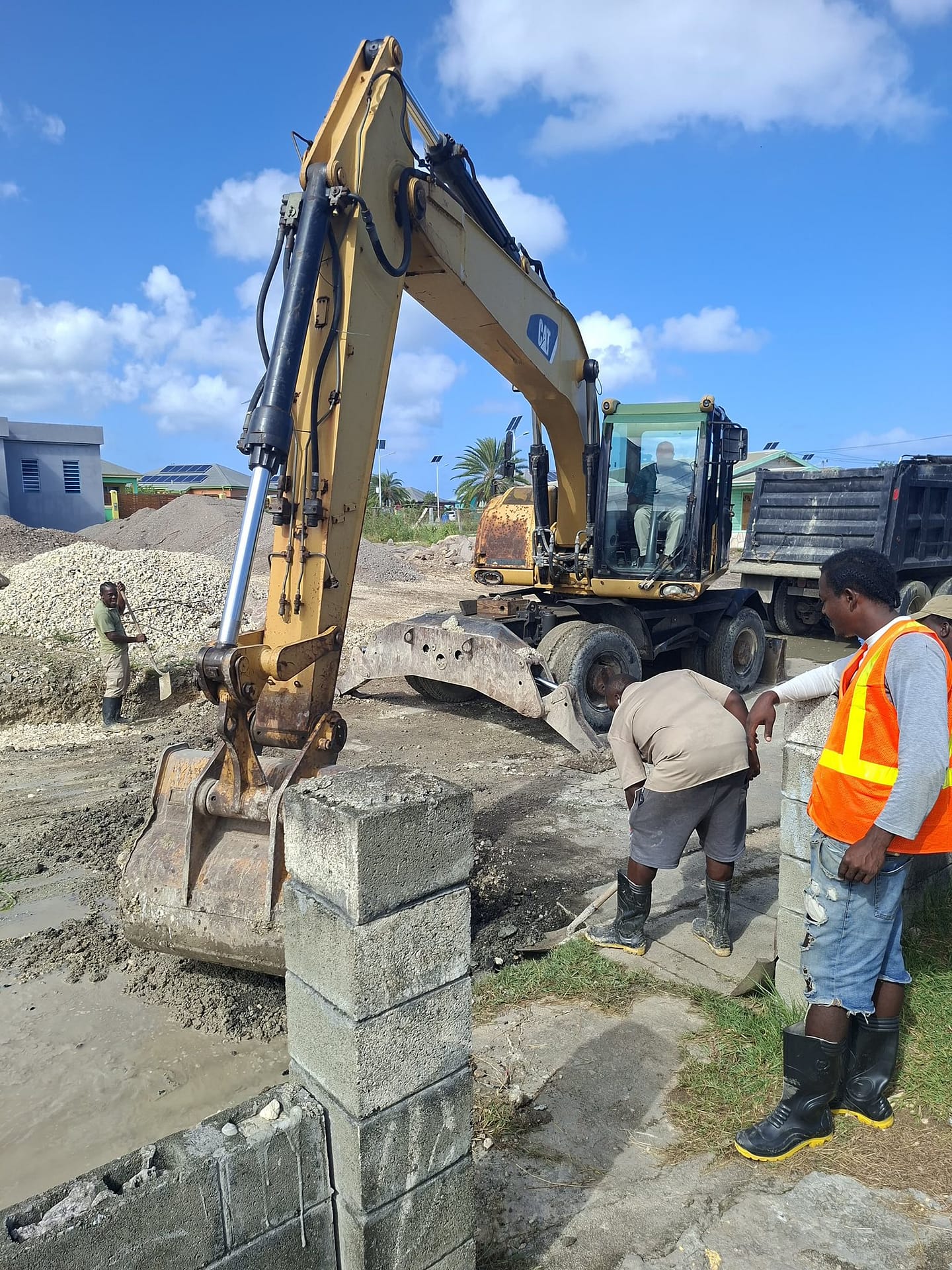The Development Control Authority (DCA) of Antigua and Barbuda executed enforcement operations at Morris Bay Beach on December 10, 2025, marking a significant step in upholding national planning regulations. This action forms part of a sustained initiative to maintain compliance with the Physical Planning Act of 2003, focusing on the preservation of public safety, environmental conservation, and orderly development along the nation’s coastline.
Since 2019, numerous unauthorized commercial operators occupying the Morris Bay beachfront have received multiple formal notifications regarding their regulatory violations. These communications—delivered both verbally and in writing—explicitly instructed vendors to either cease operations or seek official regularization through established national planning procedures.
The DCA emphasizes three critical aspects of this enforcement campaign: First, the initiative is not directed at any specific individuals or groups but applies uniformly to all non-compliant operators. Second, violation notices were issued consistently and transparently over several years, providing ample opportunity for compliance. Third, all actions are strictly aligned with the Physical Planning Act and national development frameworks.
This coastal restoration effort aims to rehabilitate the natural environment, enhance public safety measures, and ensure that beachfront activities align with national planning policies and broader public interests. The DCA reaffirms its commitment to collaborative engagement with all stakeholders and encourages current or prospective operators on public lands to consult with the Authority for guidance on obtaining necessary approvals.









